How has the coronavirus pandemic impacted food manufacturing and consumption in the UK?
10th December, 2020
The coronavirus has affected everything that has come into its sights, disrupting industry, bringing global travel to a standstill and causing national economies to grind to a halt. This has naturally had an enormous impact on consumer behaviour and consumption, which has in turn impacted manufacturing and food production in the UK.
In this blog we will look at the impact coronavirus has had on Britain’s social norms, purchasing habits and food consumption, whilst analysing how this has affected food manufacturers. We will look for examples of companies that were able to successfully adapt and pivot their manufacturing capabilities to support the NHS through the pandemic, before casting our eyes to the lasting changes that the coronavirus pandemic will have on factories and food manufacturing in the UK.
How has UK food production and consumption changed over the decades?
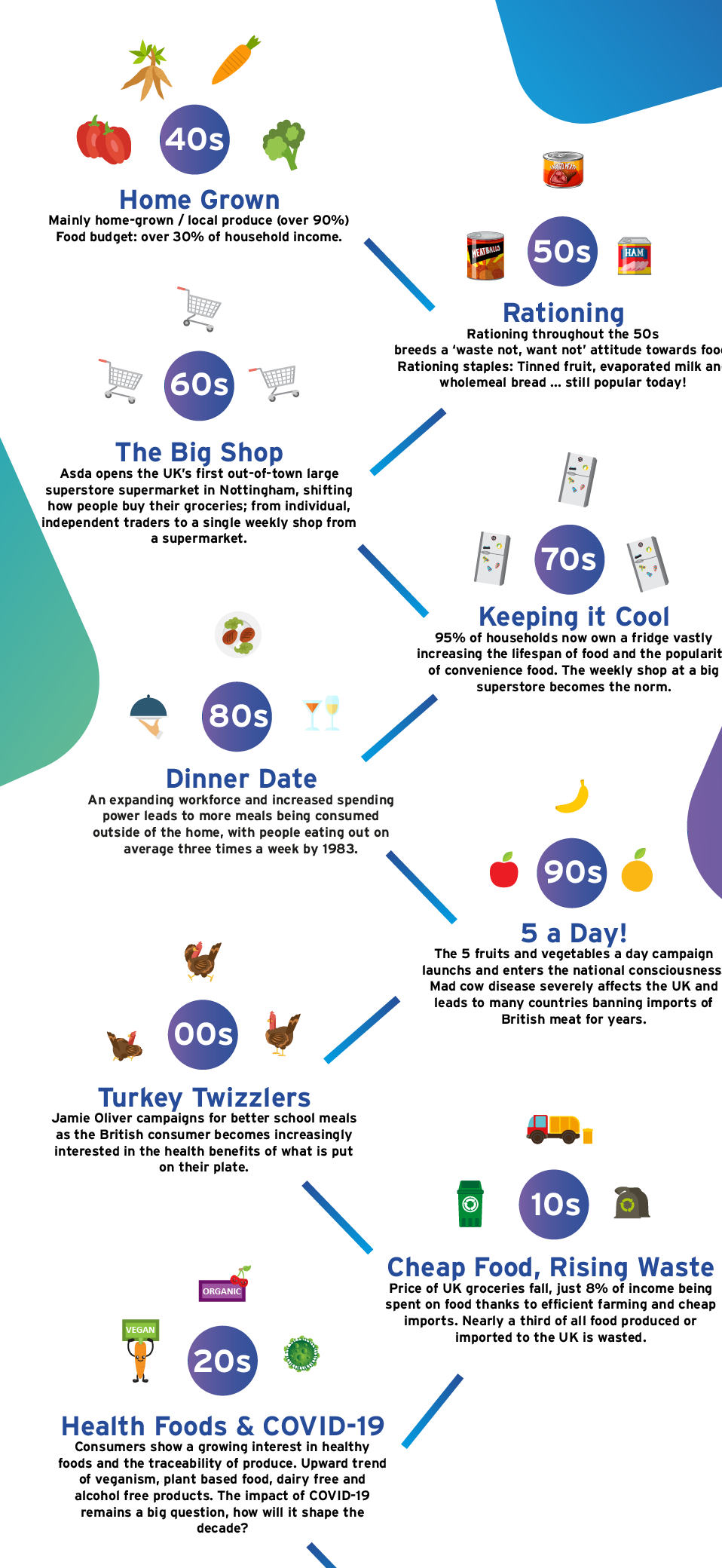
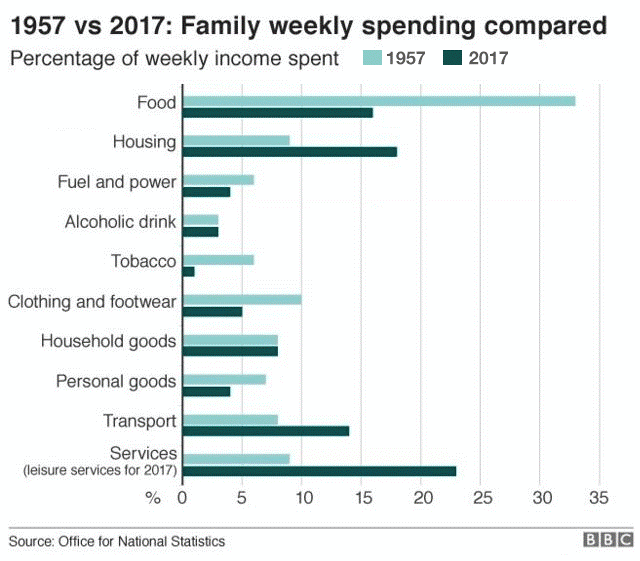
The economic effect of the pandemic globally and nationally
The impact of coronavirus has been truly global, starting in Wuhan and quickly spreading to every country in the world, it has killed millions and brought travel and economies grinding to a halt. Governments have tried to control the spread through a range of methods including lockdowns, herd immunity and the fastest vaccination discovery and testing in human history.
Due to the lockdown, the UK recorded its biggest fall in GDP (20.4%) in the second quarter since records began and the biggest rise in GDP as the virus subsided in the summer, coinciding with the eat out to help out scheme.
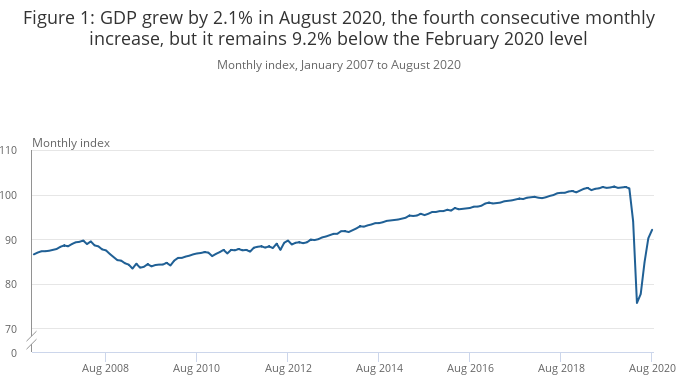
The impact on UK’s harvesting and picking season
The decline in migrant travel massively affected the UK food industry as it needs 70,000 seasonal workers to harvest its crops in the summer including berries, salad produce and soft fruits. This has historically been made up of 99% EU nationals, however coronavirus limited travel leading the government to encourage those on furlough to volunteer and harvest the crops to prevent the fruit and vegetable crops from rotting in the ground.
How the pandemic changed food purchasing habits and how this impacted food manufacturing
It has been estimated that a quarter of calories are consumed outside the home, through cafes, bars, restaurants and other ready to eat establishments. With the lockdown these calories had to be eaten at home, which created greater demand for supermarkets, whilst pubs and restaurants demand plummeted directly impacting the suppliers to these establishments.
Consumers replace eating out with home cooking and deliveries
There was a huge rise in meals being cooked at home which led to month long flour shortages as consumers turned their hand to baking and manufacturing companies had to quickly react to this surging demand. This led to the National Association of British and Irish Millers (Nabim) doubling production, with mills running 24 hours a day, seven days a week. However, mills have traditionally sold the vast majority of their flour in bulk to food manufacturers so struggled to pivot their operations to packing the flour in small consumer friendly bags to be sold through supermarkets, leading to empty shelves despite enough flour being produced for the nation.
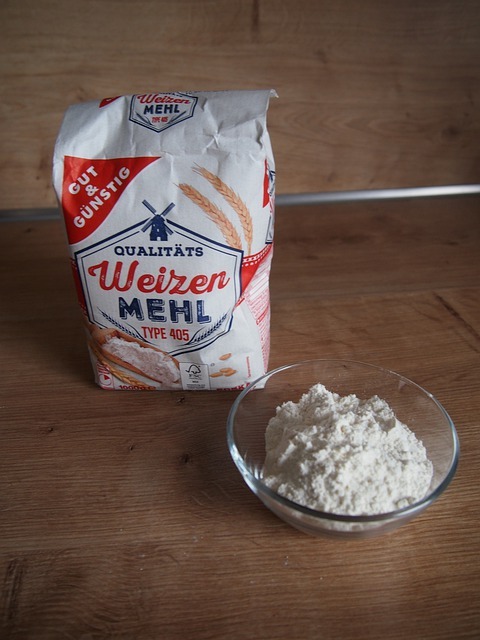
As UK consumers were unable to go to restaurants, they brought the restaurant food to their home, with consumers of all ages planning to increase food deliveries when polled in March.
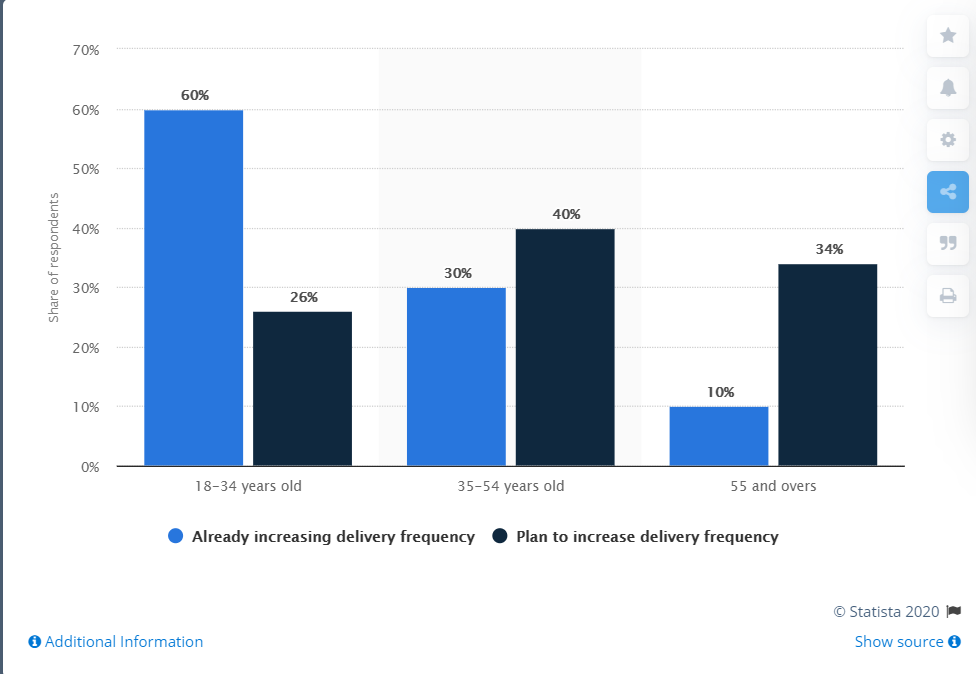
This rise in takeaways has led to food delivery services such as Deliveroo, Uber Eats and Just Eat significantly increasing orders, for example Just Eat alone increased its orders by 33% compared to the previous year. These delivery services also gave many food establishments a lifeline, by allowing them to stay open and still make some money during the national lockdown, with the caveat of restaurant owners having to pay expensive fees for use of the platforms.
Rapidly changing food demand for supermarkets
The initial panic of lockdown led to consumers stockpiling items including, pasta, bread, hand sanitiser, frozen pizza and toilet roll. For many this will be one of the enduring images of the pandemic, supermarket shelves stripped bare.
Supermarkets had to react to this sudden and unprecedented change in demand and whilst manufacturing struggled to keep up, UK supermarkets had to limit and ration how many items a consumer could buy to artificially limit demand.
There was also a large change in how consumers shopped with a rise in ‘the big shop’ which had been decreasing in popularity for decades and a massive increase in demand for supermarket delivery slots as customers avoided the shops.
Beverage production shifts from pubs to supermarkets
The lockdown in England closed pubs from March 20th to July 4th 2020, with pubs then closing again from Thursday 5th November, this led to a sudden drying up in demand for keg and cask beers traditionally supplied to pubs. Leading to a situation where pubs had to pour thousands of pints down the drain, with the government encouraging brewers and pubs to try and repurpose the spoilt beer for animal feed or send it to anaerobic digestion plants. Some pubs pivoted to providing takeaway beers and alcoholic drinks to customers during lockdown which didn’t replace demand but acted as a lifeline to keep these pubs afloat.
However smaller breweries that traditionally only supplied to pubs, bars and restaurants were disproportionally affected with beer sales down 82%, whilst larger multinational brewing companies, who were already supplying supermarkets, were able to tap into the increased demand for supermarket beer and pivot their production to benefit from this trend.
How UK factories have adapted to the coronavirus
The major difficulties for manufacturers, supply chains and factories was the abrupt change in demand due to the pandemic and how to quickly and safely adapt their processes to supply this demand.
This was no seasonal peak in which they had months to prepare for. Factories in the UK had to adapt their operations overnight to react to the pandemic and a completely different social and economic landscape.
One of the first major changes manufacturers had to make was ensuring their factory was safe for its workers. Factories were found to be a fruitful breeding ground for the coronavirus with over 1,500 cases being linked to one abattoir in Germany, with it being speculated that the crowding of people and air con systems helped the transmission of the virus. This highlighted the importance of UK factories adopting covid safety measures such as enforcing social distancing within the factories, reducing external supplier visits, increasing ventilation, using face coverings, increasing cleaning, limiting background noise and utilising shift patterns to reduce contact between groups.
Using automation to reduce manpower and the associated coronavirus risk in factories
One of the key safety measures is to reduce the number of people in close contact with each other and where possible, automate processes within the factory. This has been particularly difficult for those factories that are traditionally quite man-power intensive with staff labelling, stacking boxes and moving items between production lines.
The other major change for factories was reacting to changing demand, for example, London gin company 58 gin recognised that with no bars open the demand for their gin was minimal so pivoted to using their alcohol to instead manufacture and sell hand sanitiser, Dyson began building ventilators for hospitals and Nivea is making disinfectants.
Ultimately UK factories had to be able to adapt to changing demand whilst also reducing the number of people on the factory floor and increasing safety precautions.
What does the future of food production look like?
The new normal has become normal.
This has led to lasting changes in consumer’s food consumption and the associated food production; continuing to fuel a rise in automation as factories become less reliant on man power whilst highlighting the importance of flexibility in production and the ability to quickly react to changing markets.
However, the pandemic’s true impact remains uncertain as government support and furlough offers life support for many small businesses. When this is withdrawn the high streets will likely look very different as some hospitality, restaurants and small businesses are unable to survive. Nevertheless, as the economy bounces back, expect to see a rise in new establishments and brands that are more adaptable, agile and fit with what the population is now demanding.
The only thing for certain is that even after the population has been successfully vaccinated and life can revert back to ‘normal’ that the coronavirus pandemic will have left a lasting mark on the nation’s consciousness and attitude towards food, which in turn will indelibly change food consumption and food production in the UK forever.
Related
Smart Labels in the Food Industry: Applications and Benefits
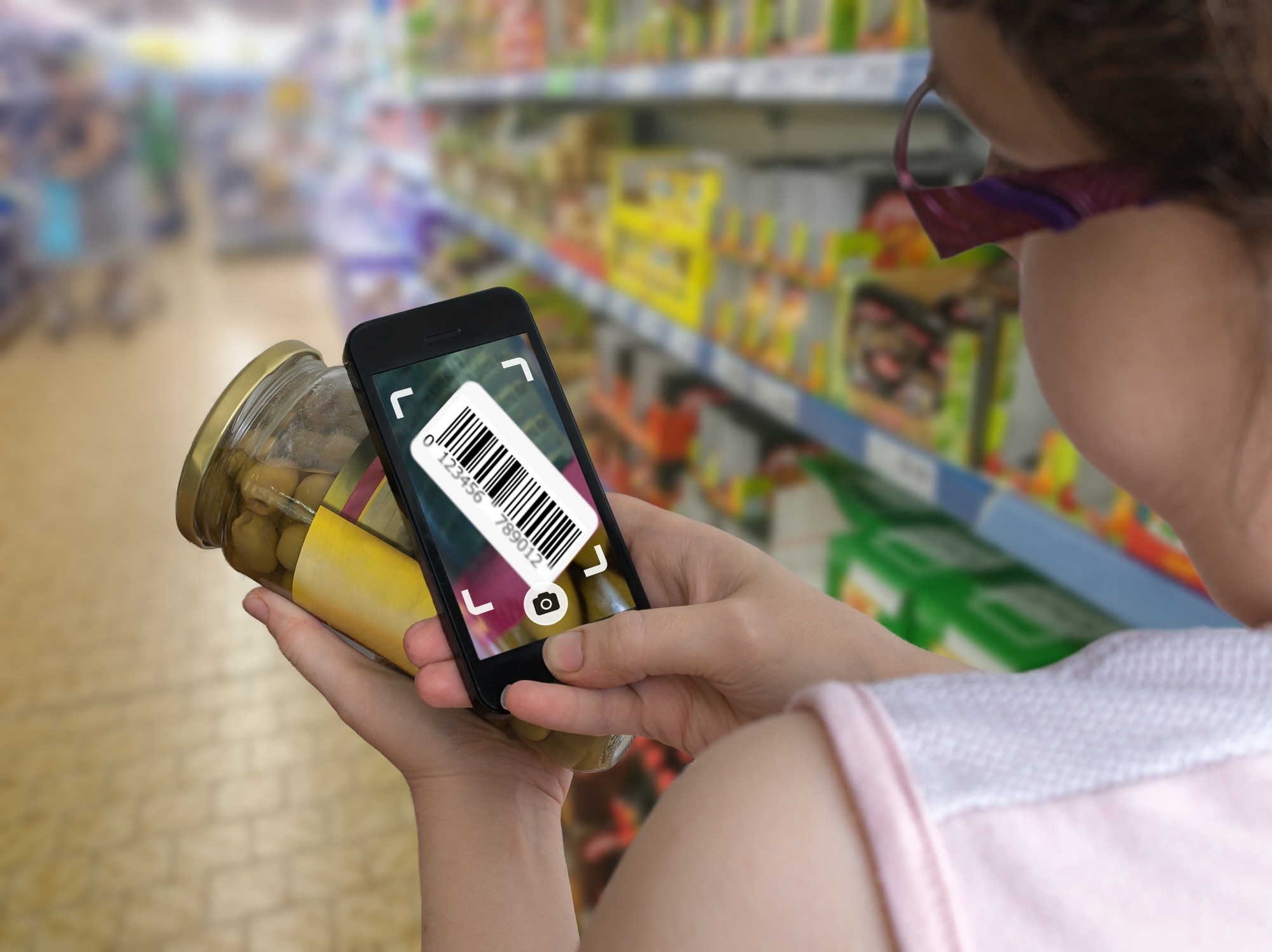
More Resources

